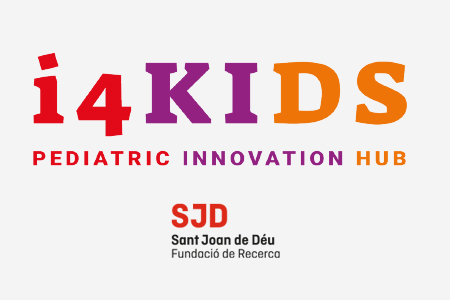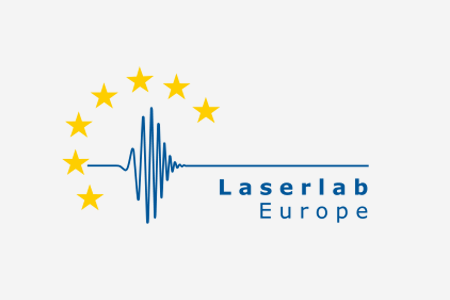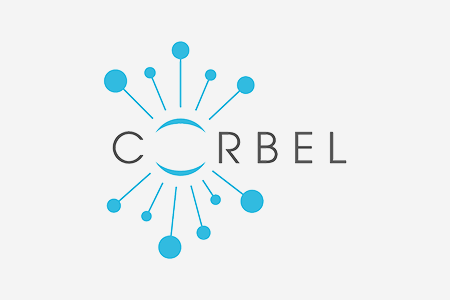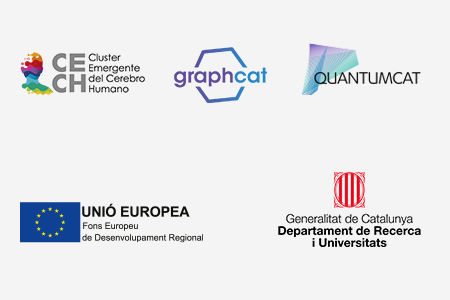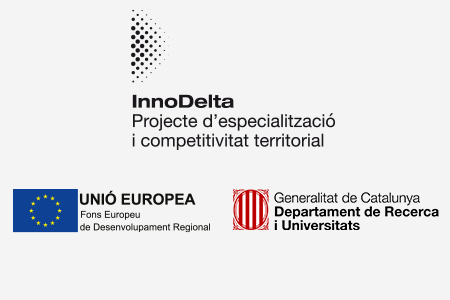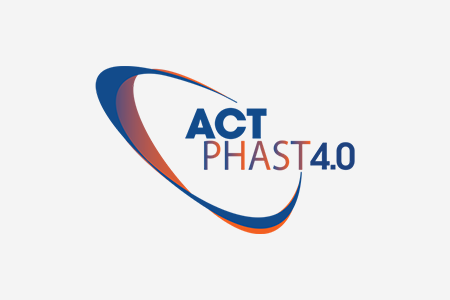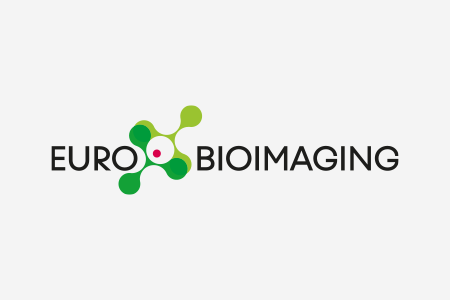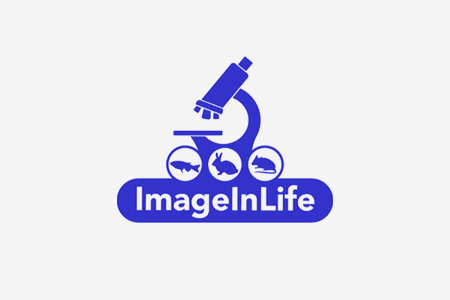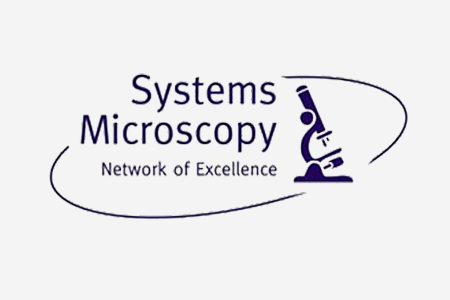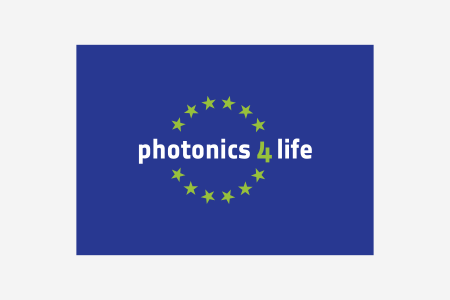Networks of Excellence
RIS3CAT- Emergent Technologies Clusters
ICFO will coordinate The Quantum Technologies Hub of Catalonia (QuantumCAT 001-P-001644) and will participate in The Graphene Community of Catalonia (GraphCat 001-P001702) and in The Emerging Cluster of the Human Brain (CECH 001-P-001682), three of the nine projects approved in the emerging technologies program of the Research and Innovation Strategy for the Smart Specialization of Catalonia (RIS3CAT). This program aims to orient the productive sector of the Catalan economy toward a smarter, more sustainable and integrated economic model.
These projects are co-financed by the European Union Regional Development Fund within the framework of the ERDF Operational Program of Catalonia 2014-2020 with a grant of 50% of total eligible costs, with the support of the Secretaria d’Universitats i Recerca of the Department d’Empresa i Coneixement of the Generalitat de Catalunya.
RIS3CAT- Specialization and Territorial Competitiveness
ICFO participates in the PECT InnoDELTA project that aims to increase the competitivity and economic development of the Llobregat Delta, enhancing the innovative capacity of its entrepreneurs, business fabric and citizens to meet the territory’s challenges. ICFO specifically participates in the Innovation Platform (Plataforma Delta Emprèn), designed to enhance the entrepreneurship of the technological base and specialization in the fields of photonics and advanced manufacturing, applied mainly to agri-food industries, industrial systems and experience- based cultural industries (sport and tourism).
This project is co-financed by the European Union Regional Development Fund within the framework of the ERDF Operational Program of Catalonia 2014-2020 with a grant of 50% of total eligible costs, with the support of the Department d’Universitats i Recerca of the Generalitat de Catalunya.
Access CenTer for PHotonics innovAtion Solutions and Technology Support (ACTPHAST) is a unique “one-stop-shop” for supporting photonics innovation by European companies (supported by the European Commission under the FP7 framework- Grant Agreement No. 619205). It supports and accelerates the innovation capacity of European companies by providing them with direct access to the expertise and state-of-the-art facilities of Europe‘s leading photonics research centres (the ACTPHAST Partners), enabling companies to exploit the tremendous commercial potential of applied photonics. ICFO is one of 23 research institutes who together make up the ACTPHAST Partners.
While designed to provide open access to photonics innovation support for all European companies who meet the eligibility criteria, the ACTPHAST program is particularly suited to the needs of small to medium-sized enterprises (SMEs) who do not have the financial resources to invest in in-house R&D expertise and state-of-the-art technologies, nor to undertake risky innovation projects.
EuBI
The European Research Infrastructure for Imaging Technologies in Biological and Biomedical Sciences (EuBI) provides open physical user access to a broad range of state-of-the-art technologies in biological and biomedical imaging for life scientists. In addition, it will offer image data support and training for infrastructure users and providers.
The EuBI consists of a set of 29 geographically distributed Node Candidates (specialised imaging facilities) that can grant access to scientists from all European countries and beyond. Currently, researchers can apply to use some of 36 imaging technologies offered through Euro-BioImaging.
ICFO participates in this infrastructure through the Super Resolution Node Barcelona located both at ICFO and at CRG and through the Mesoscopic Imaging Node Barcelona located at CRG, IRBB and ICFO.
ImageInLife
ImageInLife is a Marie Skłodowska-Curie ITN funded by the European Commission Horizon2020 programme that addresses the challenge of understanding how cells behave to build organisms as complex as vertebrates. The project will run for 4 years from January 2017. It brings together leading European research groups in the field and partners from companies that aim to commercialise corresponding tools.
The main objectives of this ITN are to use the vertebrate embryo as a model to develop new tools to image vertebrate organismes and to train future bio-imagers through research, exposing them to the richest environment to foster a successful career.
The Systems Microscopy Network of Excellence (NoE) (2011-2015) was a life science project spearheading a key enabling methodology based on live cell imaging for the development of next-generation systems biology. The project was funded under the 7th Framework Programme (FP7) of the European Union.
The multidisciplinary consortium joined 15 research groups spread over the whole of Europe and was coordinated from Karolinska Institutet. The project was launched 1 January 2011 and ran until the end of 2015. During the course of the project, the network furthered tools and strategies to make available to the wider research community, a new approach to the systems biology of the living cell.
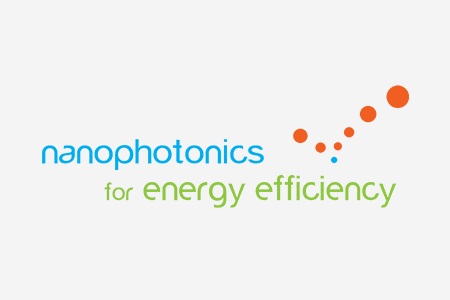
The NanoPhotonics for Energy Efficiency Network of Excellence (2010-2015) focused on re-orienting nanophotonics research towards the challenges in energy efficient applications. The network clustered nanophotonic laboratories and research groups of 9 different institutions in 6 European countries with complimentary expertise, integrating more than 130 scientists, engineers, technicians and managers in nanophotonics.
The project focused on:
- Realising a strategy for successful integration: creation of new research community and a virtual laboratory network that will exist beyond the duration of this NoE;
- Establishing joint research: foster collaborations among the leading groups in nanophotonics for energy efficiency, interchanging knowledge and best practices, and paving the way towards the establishment of common research agendas;
- Spreading knowledge: specialised education and training in nanophotonics for energy, geared towards young researchers and technicians both from academia and industry, as well as dissemination towards the scientific community, industry, and the public in general.
Photonics4Life
As a Network of Excellence PHOTONICS4LIFE (2008-2012) gathered the human resources, the infrastructure, the capabilities, the expertise and knowledge of 13 top-research partners standing on the forefront in the field of Biophotonics research. All of these partners are from EC member states (10 different countries).
PHOTONICS4LIFE brought together partners to span across the value chain from photonic components to applications and from fundamental to applied research, while progressing on a single but broad theme: “Biophotonics”.
PHOTONICS4LIFE targeted bridging the gap between different disciplines ranging from physics and chemistry via engineering to biology and medicine. Furthermore, the consortium linked the expertise of research institutes with SMEs and large companies in order to foster Biophotonics research and strengthen Europe’s economic competitiveness on the global Biophotonics market. Consequently, the network does not only focus on individual technological developments but also puts emphasis on the needs of the physician and patient.
